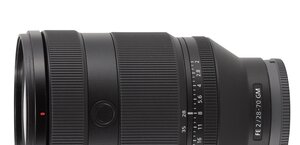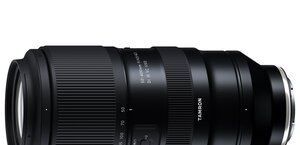Mitakon Speedmaster 35 mm f/0.95
5. Chromatic and spherical aberration
Blurry images generated by the Mitakon 0.95/35 near the maximum relative aperture make an assessment in this category a bit difficult but it seems the tested lens doesn’t experience any significant problems with the longitudinal chromatic aberration. Those six ED elements inside work as they should I suppose.
 |
Please Support UsIf you enjoy our reviews and articles, and you want us to continue our work please, support our website by donating through PayPal. The funds are going to be used for paying our editorial team, renting servers, and equipping our testing studio; only that way we will be able to continue providing you interesting content for free. |
- - - - - - - - - - - - - - - - - - - - - - - - - - - - - - - - - - - - - - - - - - - - - - - -
Also the correction of the lateral chromatic aberration is beyond reproach – a graph below presents the result we got.

The aberration, no matter what aperture you apply, keeps a level near 0.10% which we deem to be medium.
| Olympus E-PL1, f/0.95 | Olympus E-PL1, f/2.0 |

|

|
Spherical aberration
In the first photos shown in this chapter we weren’t able to notice any “focus shift” effect so the spherical aberration level is not especially high. The images of a defocused light circle seem to confirm that much. There is a darker rim in front of and behind the focal point but in the image behind the focus the light fall-off is bigger. Still these results aren’t a good reason to complain about the spherical aberration correction.
| Olympus E-PL1, f/0.95, in front of | Olympus E-PL1, f/0.95, behind |

|

|






